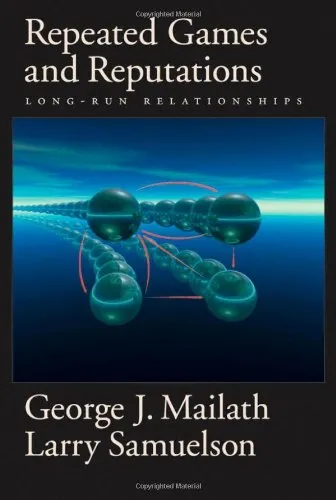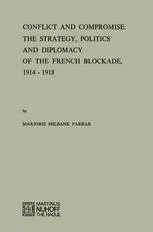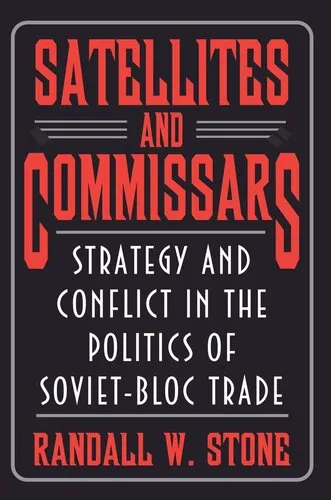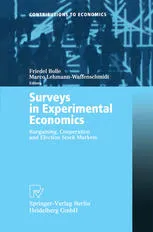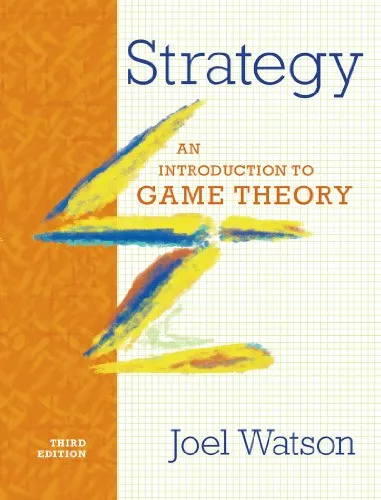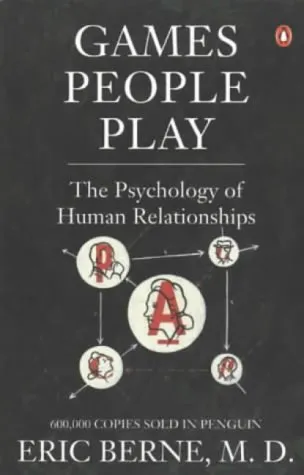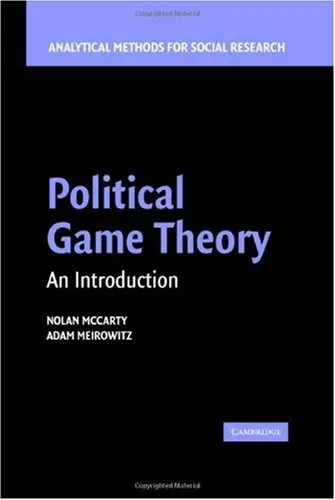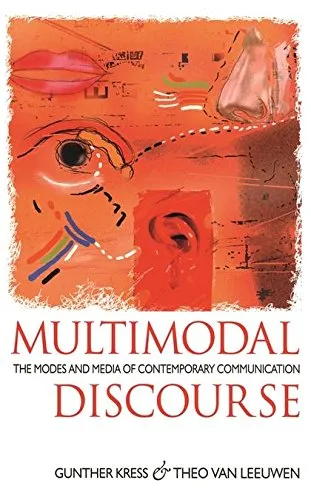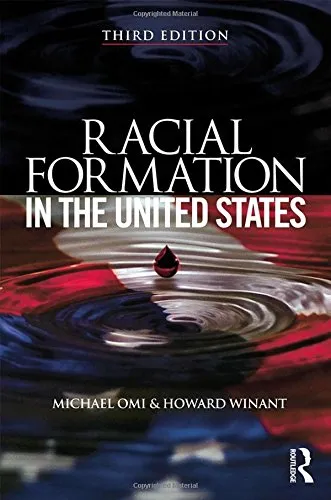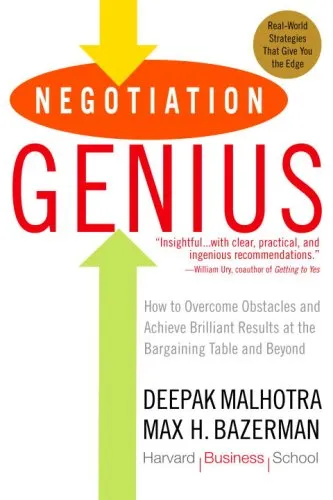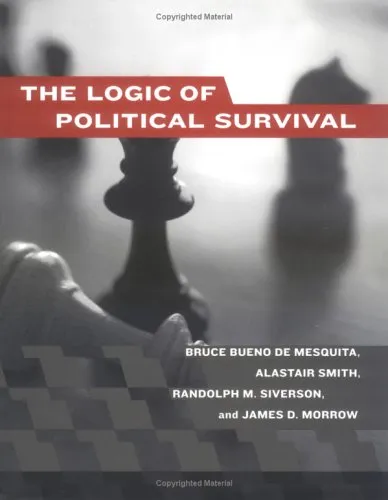Repeated Games and Reputations: Long-Run Relationships
4.3
Reviews from our users

You Can Ask your questions from this book's AI after Login
Each download or ask from book AI costs 2 points. To earn more free points, please visit the Points Guide Page and complete some valuable actions.Related Refrences:
Introduction
Modern economies and societal interactions are often defined by relationships that unfold over time. From business negotiations to strategic alliances, the dynamics of such long-term engagements are pivotal to understanding not only economic principles but also human behavior. At the heart of this lies a fundamental concept in game theory: repeated games. Repeated Games and Reputations: Long-Run Relationships is a comprehensive exploration of this important framework, offering profound insights into how individuals, firms, and institutions behave when their actions today influence outcomes tomorrow and far into the future.
Written by George J. Mailath and Larry Samuelson, this book delves into the theoretical foundations, analytical tools, and applications of repeated games while emphasizing the crucial role of reputations. With a rigorous yet accessible approach, it provides scholars, students, and practitioners with the tools they need to decode strategic interactions that involve both short-term tactics and long-term consequences. This introduction aims to provide an overview of the book, outline its value, and spotlight its central themes.
Detailed Summary of the Book
At its core, the book is a deep dive into repeated games, which involve players interacting over multiple periods where each decision may have far-reaching implications. Key topics include the foundational models of repeated games, strategies for maintaining cooperation, and the interplay between short-term incentives and the long-term need for trust and reputation.
The authors begin by offering an intuitive introduction to repeated games, explaining their significance in studying real-world phenomena such as contract enforcement, tacit collusion, and social norms. They then move to a rigorous treatment of folk theorems, which characterize the possible outcomes in repeated settings under conditions of both perfect and imperfect monitoring. These theorems are crucial for understanding how cooperation can arise even in high-stakes, competitive environments.
Perhaps the most distinctive feature of this book is its focus on the role of reputations. By integrating reputation-building into the analysis, the authors provide readers with a richer understanding of how credibility, trustworthiness, and past behavior can shape strategy in repeated interactions. Empirical examples and theoretical frameworks from diverse domains, such as economics, politics, and sociology, further reinforce the material.
Additionally, the book examines cases under imperfect information, exploring how lack of transparency or uncertainty affects the establishment and maintenance of cooperative behaviors. Each chapter builds conceptually on its predecessor, making the progression logical yet sufficiently detailed to challenge and inspire readers across academic backgrounds.
Key Takeaways
- Repeated games are fundamental to modeling strategic interactions that persist over time.
- The folk theorem provides a framework to understand when and why cooperation can be sustained.
- Reputation plays a critical role in shaping behavior, incentives, and outcomes in repeated settings.
- Imperfect monitoring and private information introduce significant challenges but also reveal new dynamics of trust and cooperation.
- Theoretical concepts from repeated games have practical implications in economics, political science, and organizational behavior.
Famous Quotes from the Book
“In repeated settings, the shadow of the future shapes the behavior today, inspiring cooperation where immediate incentives might otherwise foster conflict.”
“Reputation is one of the most powerful tools for sustaining long-term relationships, serving as the currency in environments where enforcement is indirect.”
“The folk theorem is not a mere mathematical achievement; it is a testament to the richness of long-term interactions and the possibility of creating value through trust.”
Why This Book Matters
This book is more than a theoretical manual—it is a window into the enduring significance of repeated games in solving real-world puzzles. By bridging theory and application, the book serves as a critical resource for anyone grappling with strategic interactions and relational decision-making, from students of economics to policymakers and business leaders.
Its contributions extend beyond academia, offering practical insights into how to foster cooperation, build lasting reputations, and navigate the complexities of imperfection and uncertainty. Furthermore, the authors distill complex ideas in a manner that is both rigorous and comprehensible, ensuring their work resonates across a broad audience.
In a world where long-term relationships often dictate success—in markets, politics, or personal networks—this book underscores the necessity of understanding the delicate balance between self-interest and collective benefit. It is highly recommended for anyone seeking to master the interplay between strategy, trust, and time.
Free Direct Download
You Can Download this book after Login
Accessing books through legal platforms and public libraries not only supports the rights of authors and publishers but also contributes to the sustainability of reading culture. Before downloading, please take a moment to consider these options.
Find this book on other platforms:
WorldCat helps you find books in libraries worldwide.
See ratings, reviews, and discussions on Goodreads.
Find and buy rare or used books on AbeBooks.
1330
بازدید4.3
امتیاز0
نظر98%
رضایتReviews:
4.3
Based on 0 users review
Questions & Answers
Ask questions about this book or help others by answering
No questions yet. Be the first to ask!
